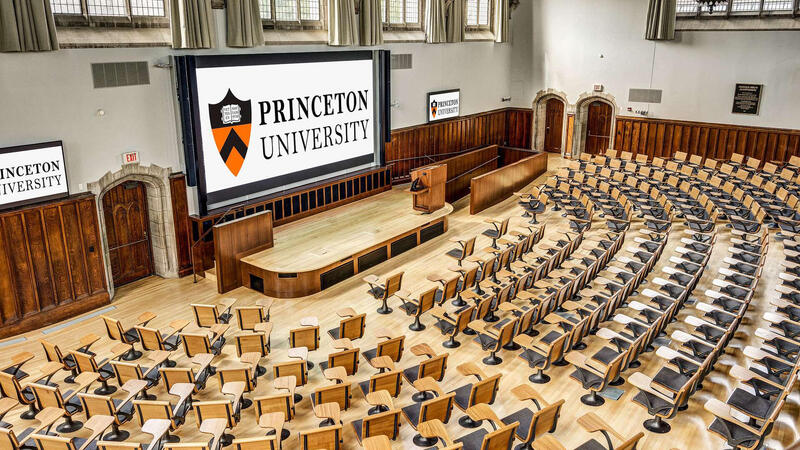You are viewing your 1 free article this month. Login to read more articles.
Chancellor's business rate gesture a 'plaster on a gunshot wound'
The Chancellor’s decision to bring business rates revaluations forward by a year is akin to “putting a plaster on a gunshot wound”, according to retail consultant John Webber. Meanwhile, the Booksellers Association has said it is "cautiously pleased" with the government's latest position on taxing tech giants such as Amazon and Facebook.
Chancellor Phillip Hammond announced in the Spring Statement on Tuesday (13th March) that he would bring the next business rate revaluation forward a year to 2021, and after that revaluations would then be every three years instead of every five, which he claimed would enable "a fairer reflection of rental values".
Business rates have been a scourge on high streets for many years, ramping up the pressure on bookshops and other bricks and mortar retailers. Recent casualties of soaring business rates include Toys R Us, Prezzo and Maplin, which have been hit with bills in the millions.
One bookshop which has recently been hit with a sky-high business rates bill is the Big Green Bookshop in London's Wood Green. The bookshop's bill for the upcoming financial year will be £9,600 - around £600 more than it was previously.
Shop owner Tim West told The Bookseller: "Our rent hasn't gone up in ten years, but our rateable value has shot up from £18,000 to £25,000. Yes [the increase] will be a burden. We've just started making a bit of money - for the first time in five years we spent three months in a row in the black (December to February). When you're surviving on that level, paying an extra £600 doesn't help. There's always these pressures that come along... increase in electricity bills, in business rates, etc."
Oof... pic.twitter.com/QibDyex6pL
— Big Green Bookshop (@Biggreenbooks)Oof... pic.twitter.com/QibDyex6pL
— Big Green Bookshop (@Biggreenbooks) March 10, 2018
Webber, head of business rates at Colliers International, a real estate consultancy, argued that the rates revaluation revealed by the Chancellor today “does nothing to help those businesses, particularly the retailers who are struggling with the system today", and was “just a drop in the ocean”.
“It's like putting a plaster on a gunshot wound and certainly won’t stop the pain being felt today”, said Webber.
Tim Godfray, chief excutive of the Booksellers Association, agreed the business rates system demanded "a more fundamental reform than mere tinkering with valuations from one year to the next".
But the British Retail Consortium welcomed the move, saying it was a “step in the right direction”.
Chief executive Helen Dickinson said: “We’ve consistently called for more frequent revaluations and welcome the Chancellor’s decision to move forward the next revaluation by a year to 2021 as a step in the right direction. More frequent revaluations are no easy task and require strong collaboration and exchange of information jointly between the Valuation Office and ratepayers.”
The statement also saw Hammond call for a probe into how technology giants including Facebook and Google pay tax. He said that there was a need to consider interim measures, such as taxing revenues, rather than profits.
“The current misalignment between where digital businesses are taxed and where they create value threatens to undermine the fairness, sustainability and public acceptability of the corporate tax system,” he said.
Godfray said the BA was "cautiously pleased" with the government’s latest position on the digital economy.
"The unequal and uncompetitive burden laid on bricks and mortar retailers as compared to multi-national online retailers in particular is stark and brutal," said Godfray. "We would encourage the government to address this, to help our members compete more fairly, to reform the taxation of the digital economy and business rates, and allow a fairer book trade to emerge.”
But Dickinson said the government should look across all elements of business taxation, not just at digital tax.
"Given the fundamental questions we now face in a digitally connected and globalised world where tax systems have evolved on a national basis, there is a need to re-balance away from input taxes (on things like people and property) and towards output taxes (on profits) as well address other underlying problems with the way that different taxes work. This would attract investment which would lead to greater productivity and improved living standards", she said.
Hammond also used the statement to discus the potential of using the tax system to encourage responsible use of plastics.

















